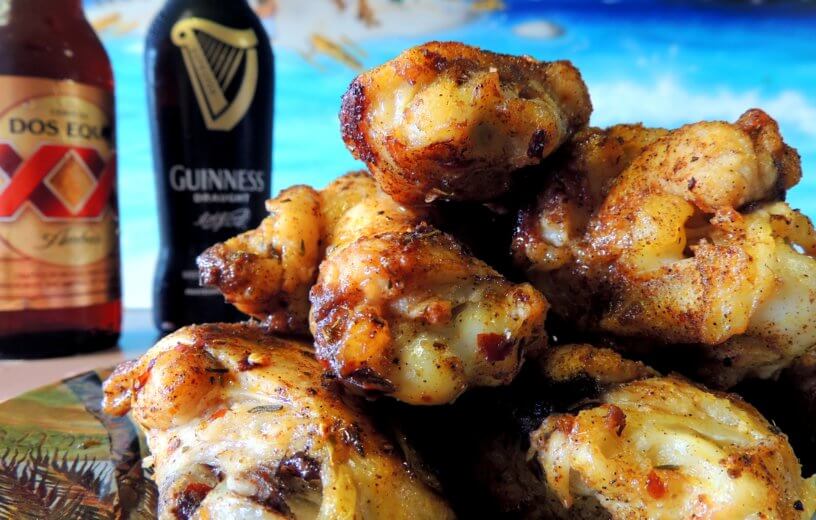BUFFALO, N. Y. — You’ve likely heard of the munchies, but how about the “drunchies?” The term may sound silly, but health experts warn it’s nothing to joke about in a new study.
Having a case of the “drunchies,” or drunk munchies, refers to the desire to consume large amounts of salty, fatty, and generally unhealthy food while intoxicated. The effect of eating a butter-dripping grilled cheese or plate of greasy chicken wings after a night of heavy drinking is becoming a health issue for untold numbers of American drinkers, especially college students.
Researchers at the University of Buffalo decided to study how college students dietary choices are affected by late night heavy drinking. In particular, they sought to find out how eating habits changed for young drinkers before they go to bed, and, in many cases, as the first meal of the next day, when they’re hungover.
“Given the obesity epidemic and the rates of alcohol consumption on college campuses, we need to be aware of not only the negative effect of alcohol consumption, but also the impact it has on what people are eating while they are drinking,” said Dr. Jessica Kruger, assistant professor of community health at the University of Buffalo.
Dr. Kruger and her team studied 286 students at a large public university in the Midwest. Participants were asked a series of anonymous questions centering on their typical eating habits, such as when they eat their meals each day, and the frequency of they eat before going to bed. They were then polled on what they typically ate before bed after a night of binge drinking, as well as what they ate the morning after.
The authors found that alcohol consumption seemed to be a major factor for students who stuffed their faces before hitting the sack. “All alcohol drinkers were more likely to eat something before they went to bed after drinking alcohol than in general before they go to bed,” they wrote.
On nights when the students reported heavy drinking, they overwhelmingly opted for salty snack foods and pizza, while healthy foods like vegetables were generally shunned. Similarly, the next day they still favored greasier foods because they believed it would help them overcome their hangovers.
Another alarming result was that most participants didn’t offset their alcohol consumption with water or other non-alcoholic beverages, exacerbating dehydration, which causes hangovers and worse.
“It is believed that after drinking alcohol, the amount of blood glucose in the body can rise and fall which stimulates the brain to feel hungry,” Kruger explains.
The full study was published in June in volume 16 of the Californian Journal of Health Promotion.
